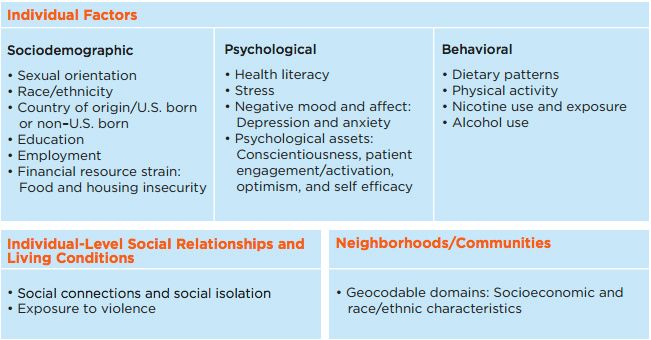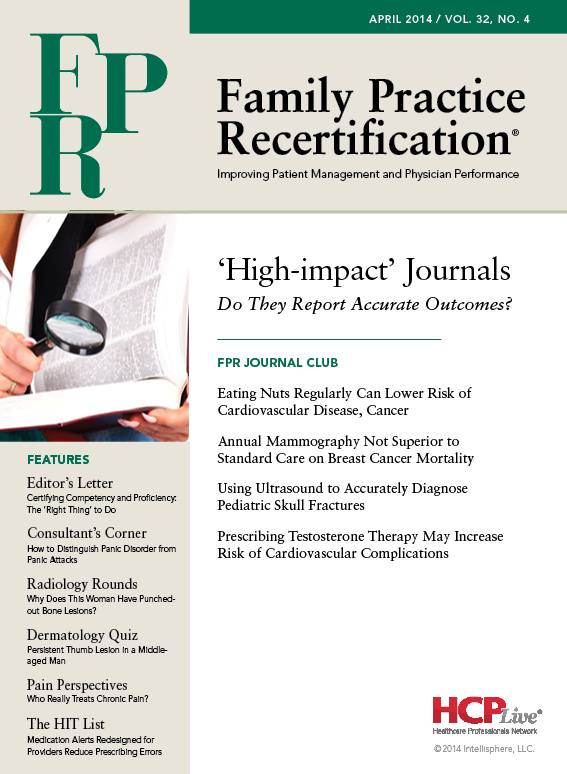IOM Calls for Behavioral, Sociodemographic Data Collection in EHR
The Institute of Medicine recently released a list of core social and behavioral health factors it suggests should be captured in all electronic health records to help healthcare providers more effectively influence patient outcomes.

The Institute of Medicine (IOM) has released a list of core social and behavioral health factors it suggests should be captured in all electronic health records (EHRs) to help healthcare providers more effectively influence patient outcomes.
In its initial report, which serves as a guide for US officials crafting recommendations for EHR meaningful use standards, a 13-member IOM committee mainly comprised of physicians and health information technology (HIT) experts identified 17 sociodemographic, psychological, and behavioral domains, including determinants related to patients’ social connections, living conditions, and neighborhoods and communities.
In addition to routinely collected information such as race, ethnicity, and smoking status, the candidate set would provide healthcare professionals with data on patients’ sexual orientation, country of origin, education level, employment status, food and housing insecurity, health literacy, stress, depression and anxiety, engagement and activation, dietary patterns, physical fitness, alcohol use, exposure to violence, social isolation, and socioeconomic characteristics.

“Healthcare providers and health systems can more effectively influence patient health if they have information on these determinants,” the IOM committee noted in a brief. “Unfortunately, such information is currently captured insufficiently, or not at all, in most EHRs.”
To decide which factors should be incorporated across all EHRs, the committee developed 2 criteria that considered the “strength of the evidence of the association of the domain with health” and the “usefulness of the domain … for the individual, population, and research.”
The IOM expects to release a follow-up report that will employ 4 additional criteria concerning availability of validation measures, feasibility in terms of administrative resources, sensitivity with personal information, and accessibility from other sources, which will likely narrow down the current list of recommended health domains.
Regardless of which factors make the final cut, the committee concluded “the inclusion of social and behavioral determinants of health data in EHRs will provide useful information to healthcare providers and patients, helping to provide the most appropriate strategies toward improving the health status of Americans.”
